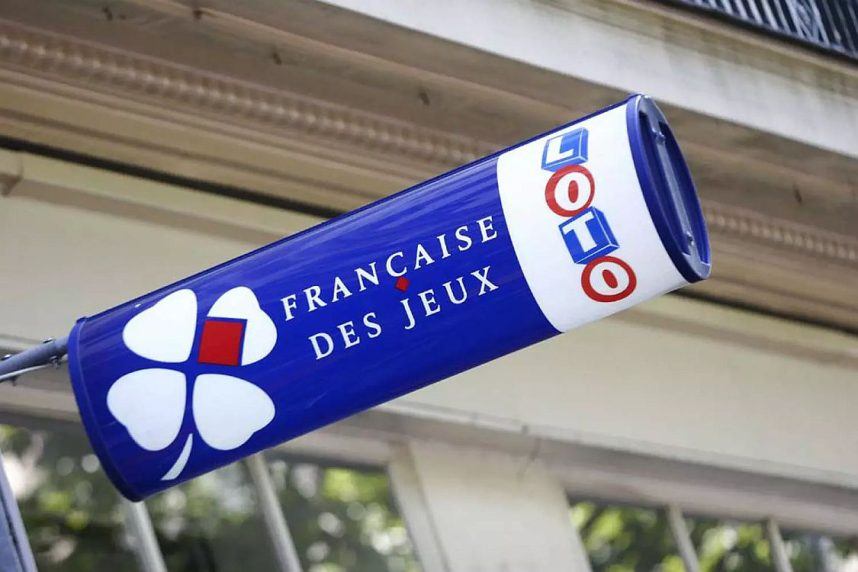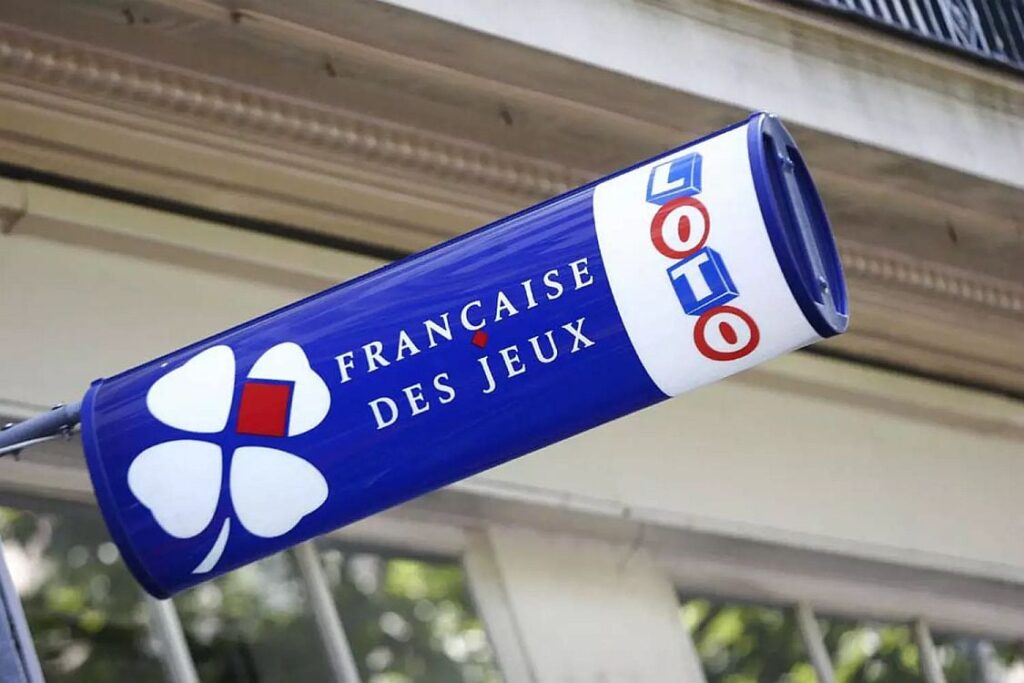Posted on: December 5, 2023, 06:58h.
Last updated on: December 5, 2023, 06:58h.
In a move that, should it prove to be true, won’t sit well with online gaming operators, France might be considering an iGaming monopoly, of sorts. Writing on his Gaming & Co newsletter on Substack a few days ago, long-time gaming industry journalist Jake Pollard said that gaming operator Française des Jeux (FDJ) could be given the entire online casino market.

Insiders informed Gaming & Co that discussions are underway between FDJ and the authorities in France regarding a potential draft iGaming regulation. If the rumor is accurate (neither FDJ nor the government has offered input), this regulation could pave the way for FDJ to control the online gaming sector.
The news has logically caused concern among industry players. Should the plan move forward, France and FDJ can expect a prolonged legal battle.
FDJ Tries a Sneak Attack
Over the past few months, France has been leading parliamentary debates on the regulation of Jonum. An acronym for the French translation of “games with monetizable digital objects,” it’s a design for a legislative framework that would include regulations for Web3 and blockchain gaming.
The French Association of Online Gaming (AFJEL, for its French acronym) and industry union Casinos de France (CdF) have taken leading roles in the discussions. They submitted various amendments to shape their vision for a regulated iCasino sector.
While AFJEL proposed a competitive regulation for online casinos, CdF suggested allowing only physical casinos during a three-year experimental period. Meanwhile, FDJ may have used this time to develop its project while assessing the proposals from AFJEL and CdF, according to Pollard.
Rumors suggest that if all goes as speculated, FDJ might launch its online gaming operations in February. This would coincide with the European Commission’s anticipated examination of France’s SREN law, which includes the Jonum legislation.
Pollard asserts that the French government hasn’t shown any intention to regulate online casinos, but that’s not entirely accurate. Earlier this year, the government began superficially discussing a plan that would allow land-based casino operators to get into the iGaming space.
They would have received a five-year head start, with only the licensed brick-and-mortar operators allowed to launch online platforms during that time. The bill never made significant progress but hasn’t died, either.
Ulterior Motives
It’s possible that France would support the initiative because of the revenue it would automatically earn. FDJ was previously a state-run operator before the government took it public, but it still holds approximately 25% of the company.
France’s gambling market was worth €12.9 billion (US$13.95 billion) in gross gaming revenue (GGR) last year, of which FDJ controls about 10%. While it has witnessed a slip in revenue this year, it’s still in great shape.
Controlling the iGaming segment would allow FDJ to provide the government with a larger, steady stream of revenue. If France fulfills its plans to block illegal gaming sites, the government will receive even more.
A report the French gaming regulator (ANJ, for its French acronym) released yesterday shows that illegal gambling is big business in the country. It asserted that, based on a study by accounting and audit firm PwC, there are over 500 unlicensed websites that are producing GGR of as much as €1.5 billion (US$1.62 billion) a year. Most hold licenses from either Curaçao or Cyprus.
The ANJ has repeatedly worked to block unlicensed gaming sites but is now going to step up its efforts. If it’s successful, the goal is for FDJ to start receiving the traffic. This, in turn, will increase the revenue the government picks up from the gaming industry.




